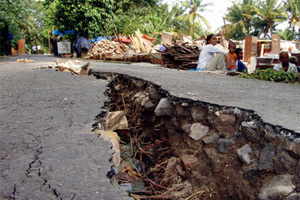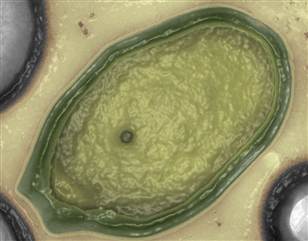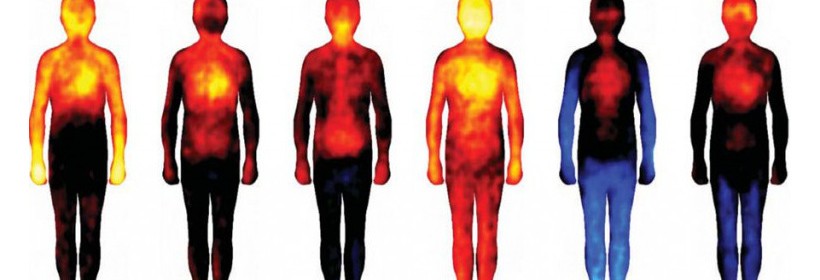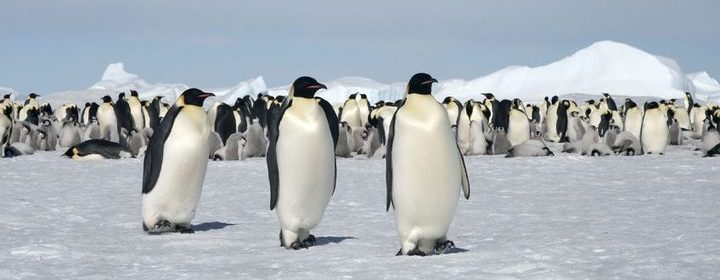Odd Species Of Crab Found Off Antarctica
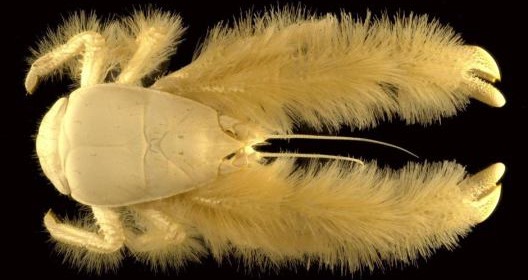
Even though the Yeti Crab looks so soft and cuddly, you’ll probably want to reconsider. We say this because those thousands of hairs all over their body are covered in a thick layer of bacteria. So it definitely won’t be the warm & fuzzy you were hoping for. It’s believed that the Yeti crabs are actually farming the bacteria as […]
Read more
